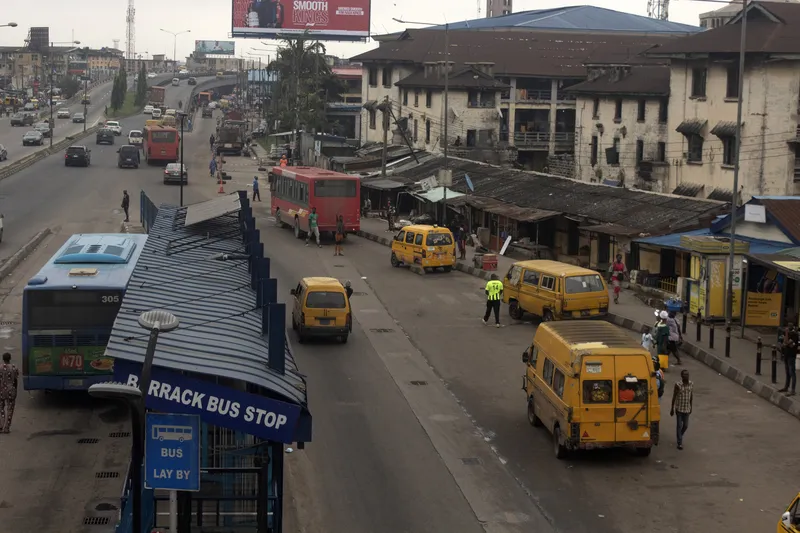The European Investment Bank (EIB) is increasing its loan for Poland’s PKP Intercity’s Pendolino trains from US$288 million to US$440 million. The project consists of the purchase of twenty modern high-speed trains and the construction of an associated maintenance depot in Warsaw. With the increase of financing, the bank aims to ensure smooth project implementation by completing the financing plan. The high-speed passenger connections will be available between Gdynia, Warsaw and Krakow/Katowice, part of a T
May 16, 2013
Read time: 2 mins
The 4270 European Investment Bank (EIB) is increasing its loan for Poland’s PKP Intercity’s Pendolino trains from US$288 million to US$440 million. The project consists of the purchase of twenty modern high-speed trains and the construction of an associated maintenance depot in Warsaw. With the increase of financing, the bank aims to ensure smooth project implementation by completing the financing plan.
The high-speed passenger connections will be available between Gdynia, Warsaw and Krakow/Katowice, part of a Trans-European Transport Networks project connecting Gdansk, Warsaw, Brno/Bratislava and Vienna. Further high-speed train services are now also expected to be provided to Gliwice via Katowice, to Wroclaw via Opole and to Rzeszow via Tarnow. Services with the new trains may start in December 2014.
With the EIB strongly encouraging a shift from cars towards rail transport, the new trains will provide time savings and assure high levels of passenger safety and comfort. The related depot has been built on an existing railway site close to Warszawa Grochow and will cater for the maintenance and servicing of new trains.
The modern technology trains co-financed by the EIB will replace obsolete equipment and comply with applicable European standards for passenger safety, noise emissions and access for persons with reduced mobility.
The high-speed passenger connections will be available between Gdynia, Warsaw and Krakow/Katowice, part of a Trans-European Transport Networks project connecting Gdansk, Warsaw, Brno/Bratislava and Vienna. Further high-speed train services are now also expected to be provided to Gliwice via Katowice, to Wroclaw via Opole and to Rzeszow via Tarnow. Services with the new trains may start in December 2014.
With the EIB strongly encouraging a shift from cars towards rail transport, the new trains will provide time savings and assure high levels of passenger safety and comfort. The related depot has been built on an existing railway site close to Warszawa Grochow and will cater for the maintenance and servicing of new trains.
The modern technology trains co-financed by the EIB will replace obsolete equipment and comply with applicable European standards for passenger safety, noise emissions and access for persons with reduced mobility.








